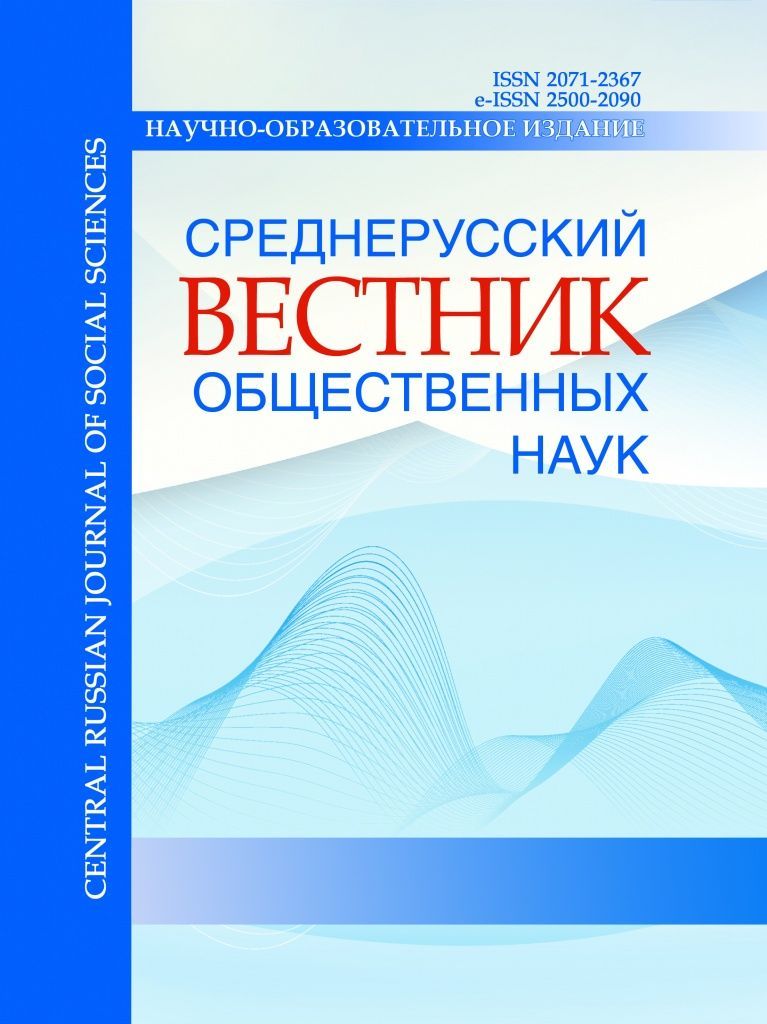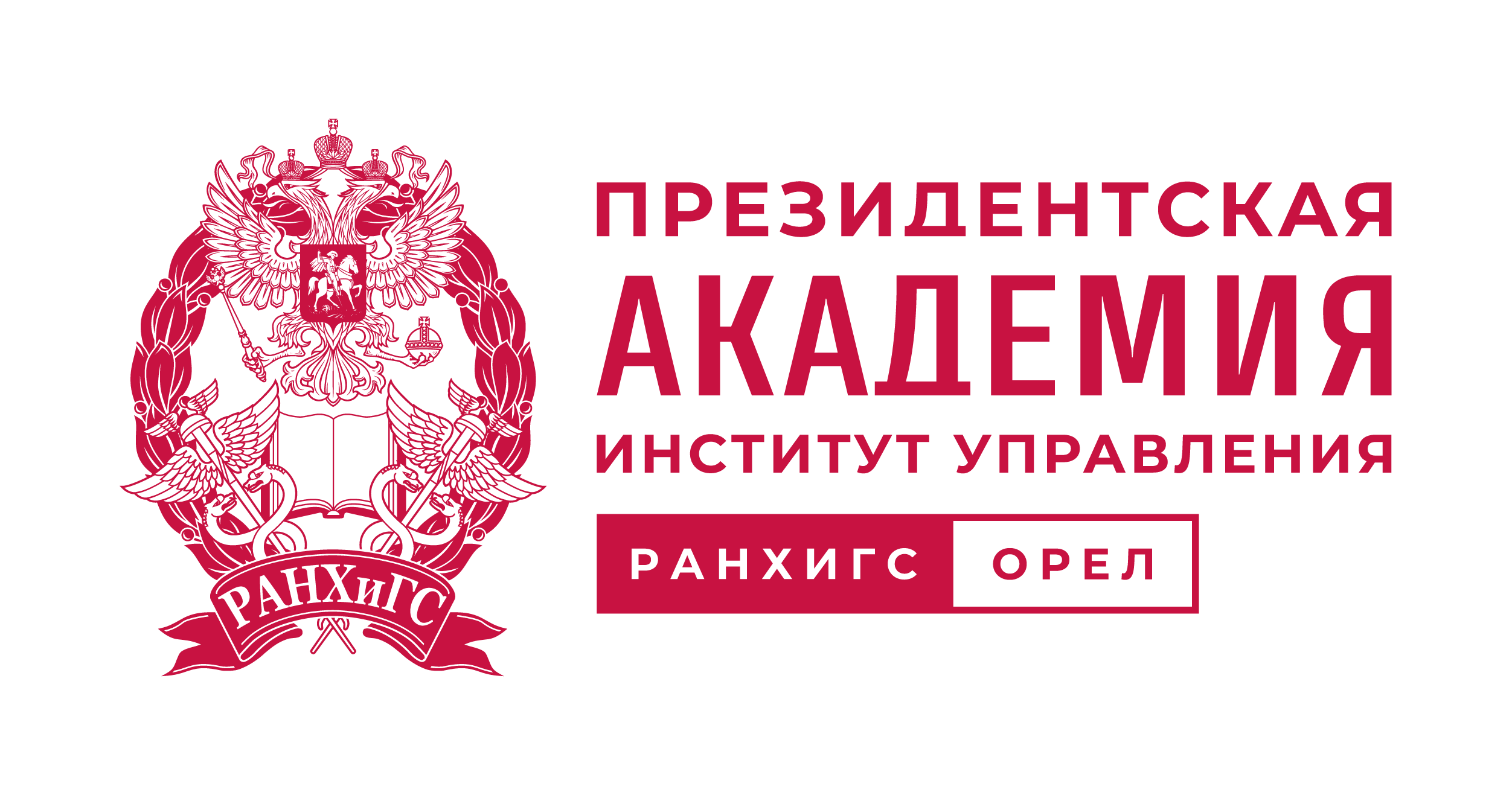
Коммуникативные аспекты выборов 2024 года и перспективы политических партий в новом электоральном цикле
Автор: Назаров И.И., Никоненко С.А. Наименование: Среднерусский вестник общественных наук Том 19 №5 2024Цит.: Назаров И.И., Никоненко С.А. Коммуникативные аспекты выборов 2024 года и перспективы политических партий в новом электоральном цикле//Среднерусский вестник общественных наук. 2024. – Том 19. – №5. – С. 43–63
УДК 323.2
https://doi.org/10.22394/2071-2367-2024-19-5-43-63
EDN: LDSMLC
Аннотация. Цель статьи – представить результаты исследования, нацеленного на анализ коммуникативных аспектов и тенденций в партийно-политическом поле на фоне избирательных кампаний 2024 г.; оценить перспективы политических партий на предстоящих выборах. Объект исследования – коммуникативные аспекты выборов 2024 г. Предмет исследования – влияние итогов выборов Президента России и ЕДГ-2024 на партогенез.
В результате исследования, носящего экспертно-аналитический характер, авторы смоделировали электоральные этапы в России, сосредоточив внимание на научном прогнозе партогенеза накануне выборов в Государственную Думу IX созыва в 2026 г.
Постановка проблемы: 1. Выборы Президента России задают вектор развития партийно-политический спектра. Технологии политической коммуникации трансформируются под влиянием запросов общества. Архаичные модели воздействия на избирателей через идеологию теряют свою эффективность. 2. Электоральный успех партий невозможен без «погружения» в регионы, обусловлен наличием программы, отвечающей запросам социума, а также лидеров общественного мнения в рядах партии. 3. Предложенная в статье модель электоральных циклов, основанная на совокупности факторов и тенденций социально-политического развития и динамике общественных настроений, может быть использована в процессе политического прогнозирования.
Ключевые слова: Единый день голосования, политические партии, политическая система России, электоральные циклы, выборы, коммуникативные аспекты электоральных процессов
Информация о финансировании: исследование выполнено авторами без привлечения внешнего финансирования.
Информация об авторах: Назаров Иван Иванович, кандидат политических наук, доцент кафедры политологии, социологии и международных процессов, e—mail: nazar—ivan86@mail.ru, ORCID: 0000-0002-3233-9282,eLibrary SPIN-код: 6726-3166, AuthorID: 626746, Research ID: AID-7371-2022.
Никоненко Сергей Андреевич , кандидат политических наук, доцент кафедры журналистики, рекламы и связей с общественностью, e—mail: nikonenko2000@mail.ru, ORCID: 0000-0001-5856-8086, eLibrary SPIN-код: 6310-8965, AuthorID: 631370, Research ID: AEF-7589-2022.
© Назаров И.И., Никоненко С.А., 2024 г.
For citations: Nazarov I. I., Nikonenko S. A. (2024) Communication aspects of the 2024 elections and the prospects of political parties in the new electoral cycle. Central Russian Journal of Social Sciences. Vol. 19, no. 5, p.43–63.
УДК 323.2
https://doi.org/10.22394/2071-2367-2024-19-5-43-63
EDN: LDSMLC
Abstract. The purpose of the article: to present the results of the study aimed at analyzing the communicative aspects and trends in the party-political field against the background of the 2024 election campaigns; to assess the prospects of political parties in the upcoming elections. The object of the study: communicative aspects of the 2024 elections. The subject of the study: the impact of the results of the Russian presidential elections and the 2024 United Voting Day on party genesis.
As a result of the study, which is of an expert and analytical nature, the authors modeled the electoral stages in Russia, focusing on the scientific forecast of party genesis on the eve of the elections to the State Duma of the IX convocation in 2026.
Problem statement: 1. The elections of the President of Russia set the vector of development of the party-political spectrum. Technologies of political communication are transformed under the influence of the demands of society. Archaic models of influencing voters through ideology are losing their effectiveness. 2. Electoral success of parties is impossible without «immersion» in the regions, due to the presence of a program that meets the demands of society, as well as public opinion leaders in the ranks of the party. 3. The model of electoral cycles proposed in the article, based on a set of factors and trends in socio-political development and the dynamics of public sentiment, can be used in the process of political forecasting.
Keywords: single voting day, political parties, the political system of Russia, electoral cycles, elections, communicative aspects of electoral processes.
Funding information: the study was done by the authors without external funding.
The autors: Ivan I. Nazarov, Candidate of Political Sciences, Associate Professor of the Department of Political Science, Sociology and International, Processes, e-mail: nazar-ivan86@mail.ru, ORCID: 0000-0002-3233-9282,eLibrary SPIN-код: 6726-3166, AuthorID: 626746,Research ID: AID-7371-2022.
Sergey A. Nikonenko, Candidate of Political Sciences, Associate Professor of the Department of Journalism, Advertising and Public Relations, e-mail: nikonenko2000@mail.ru, ORCID: 0000-0001-5856-8086,eLibrary SPIN-код: 6310-8965, AuthorID: 631370,Research ID: AEF-7589-2022.
© Nazarov I. I., Nikonenko S. A., 2024
